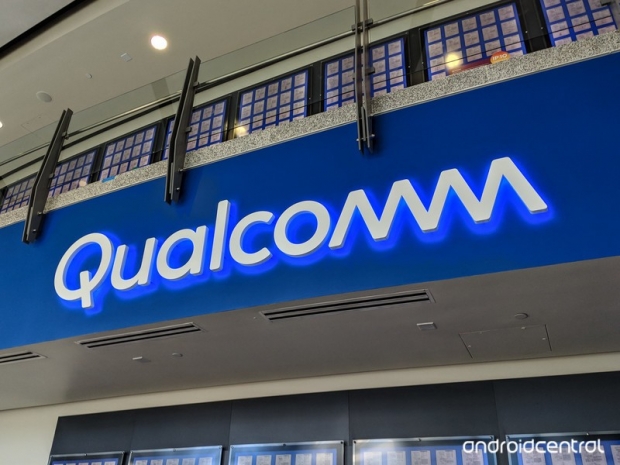America’s foreign-investment watchdog has told Qualcomm to delay by 30 days its annual shareholder meeting, previously set for Tuesday. The agenda includes director elections that could give board control to nominees of Singapore-based Broadcom.
Broadcom has been telling shareholders Qualcomm sought a review by the Committee on Foreign Investment in the United States and didn’t tell its shareholders or Broadcom. But the Treasury-led CFIUS makes its own decisions and could have told Qualcomm to sling its hook if there was no evidence. In fact, in this case, the committee’s took the unusual stance of directly calling for a delay in the attempted take-over process.
Left-leaning analysts see this all as ironic. Broadcom's take-over bid is being derailed by its move to Singapore to avoid paying taxes. Now Broadcom Chief Executive Hock Tan has promised to return his acquisitive $100 billion firms to the United States, but at the moment Tan’s company is foreign, and it’s trying to make a big purchase in an important technology sector – one where U.S. lawmakers are somewhat concerned.
CFIUS national-security reviews usually come after mergers are agreed.The reason it has stepped in appears to be because Broadcom has proposed six directors for Qualcomm’s 11-person board. Key proxy advisers have backed at least some of Broadcom’s slate, and that means the Singapore group’s nominees could end up controlling the US company’s board – before the two firms or their shareholders agree any takeover.
It is all buying time though. Broadcom just has to wait, move back to the US, and that will be one obstacle it does not have to worry about. There are many other obstacles to a merger, including potential antitrust concerns in Washington and elsewhere. But time is not precisely on Broadcom's side.




